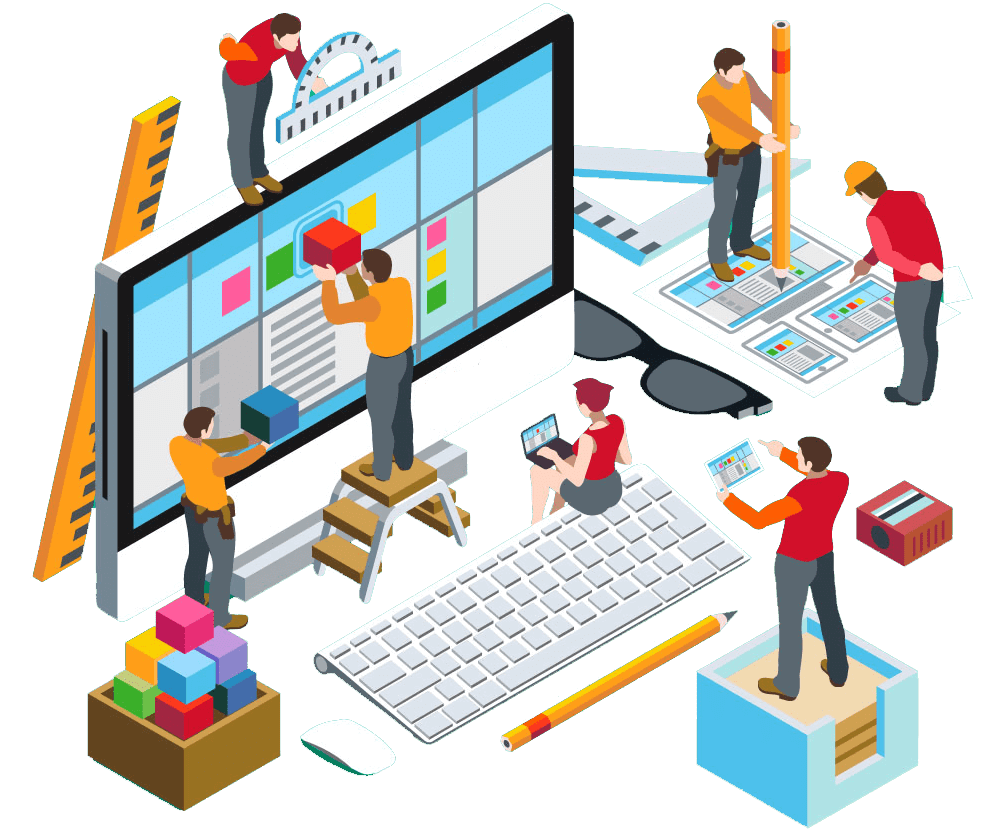





eshuzo is a website Designing, Software development, Digital marketing and mobile App development solutions provider that started its way in 2013 . This IT services company is a leading provider of comprehensive technology solutions tailored to meet the diverse needs of businesses. With a team of highly skilled
We follow a structured and efficient development process to deliver high-quality digital solutions.
Understanding your business objectives and requirements.
Market analysis and technical research for best results.
High-end UI/UX designs aligned with your brand.
Development using latest and innovative technologies.
Smooth deployment with quality assurance.
Ongoing support and continuous improvements.
At our software company, we deliver high-quality solutions, innovative strategies, and exceptional support to help your business grow and succeed.
We provide creative and cutting-edge software solutions tailored to your business needs.
Security and reliability are at the core of our software development process.
We always deliver projects on time without compromising quality or performance.
Our team provides round-the-clock support to ensure smooth operation of your software.


Delivering innovative software solutions with proven results and measurable impact.
Copyright © 2026 | All rights reserved - eshuzo